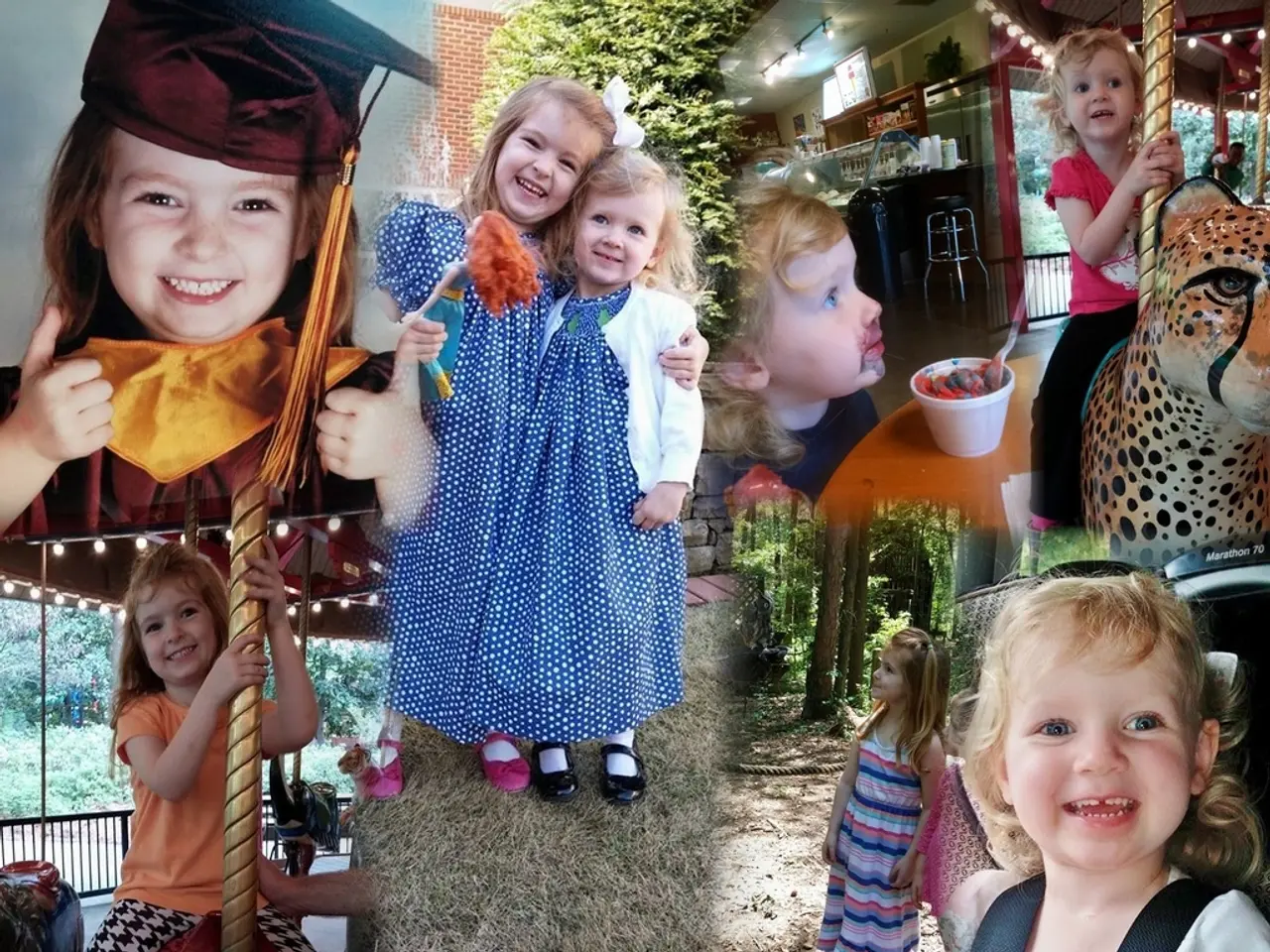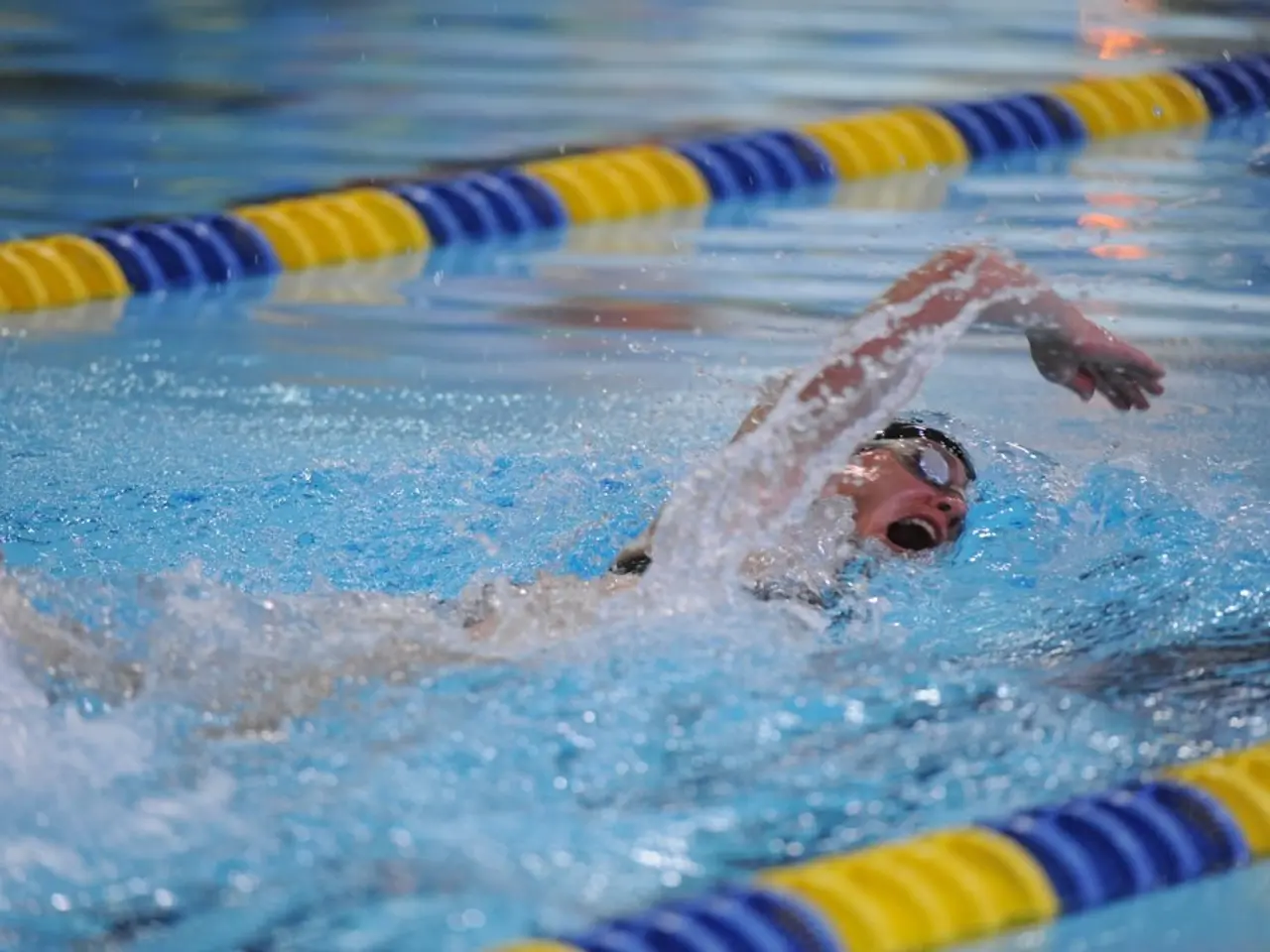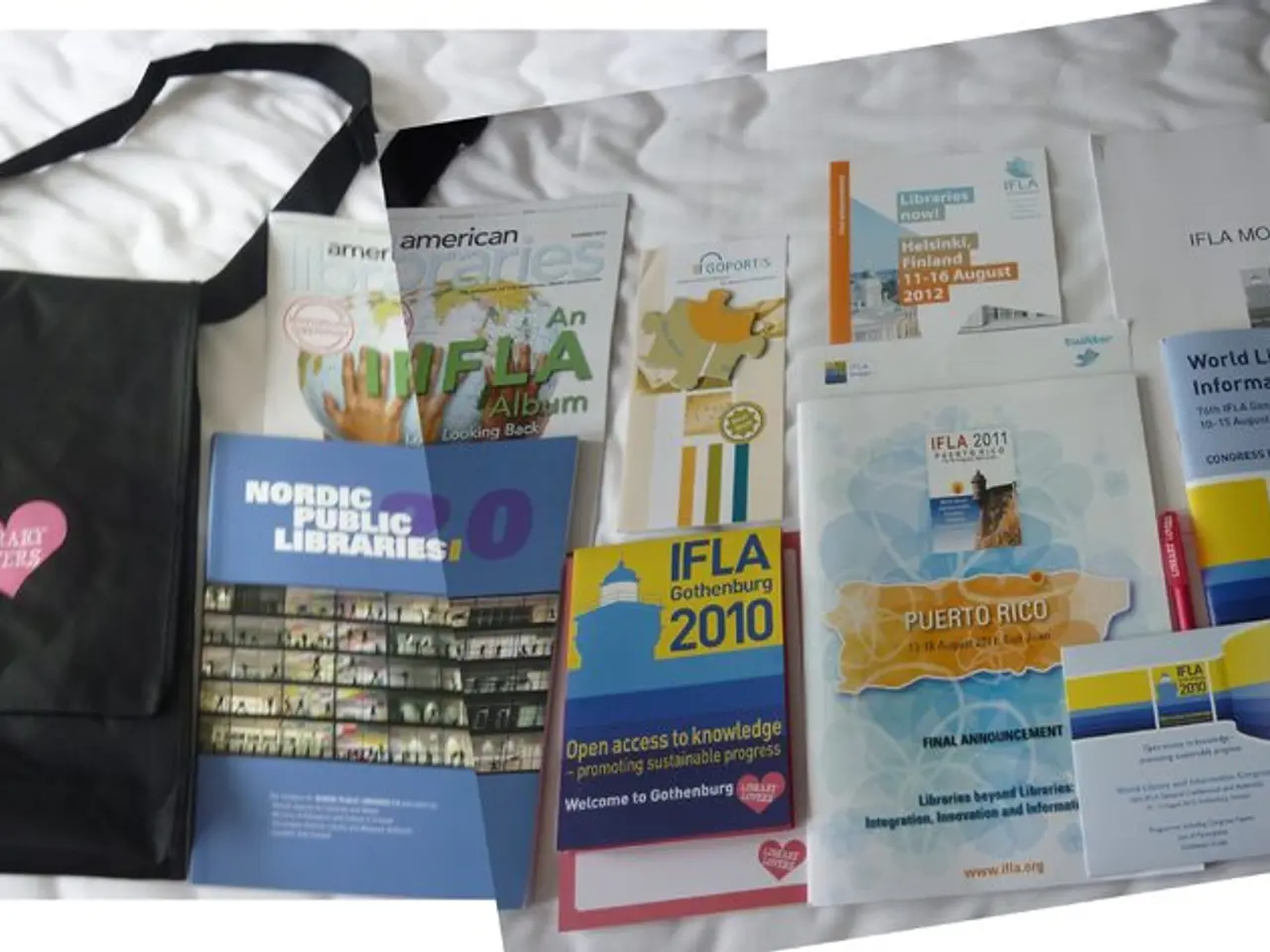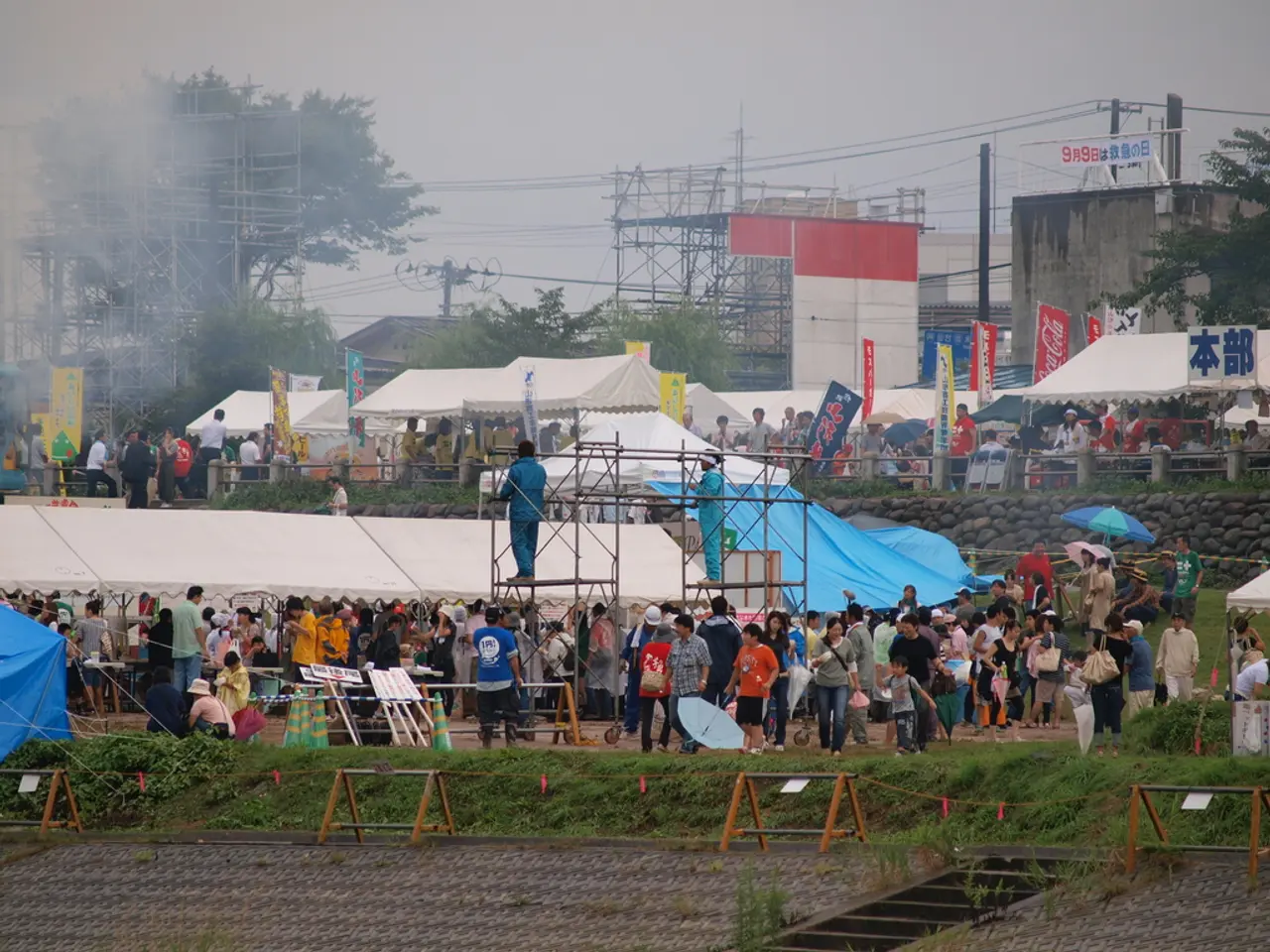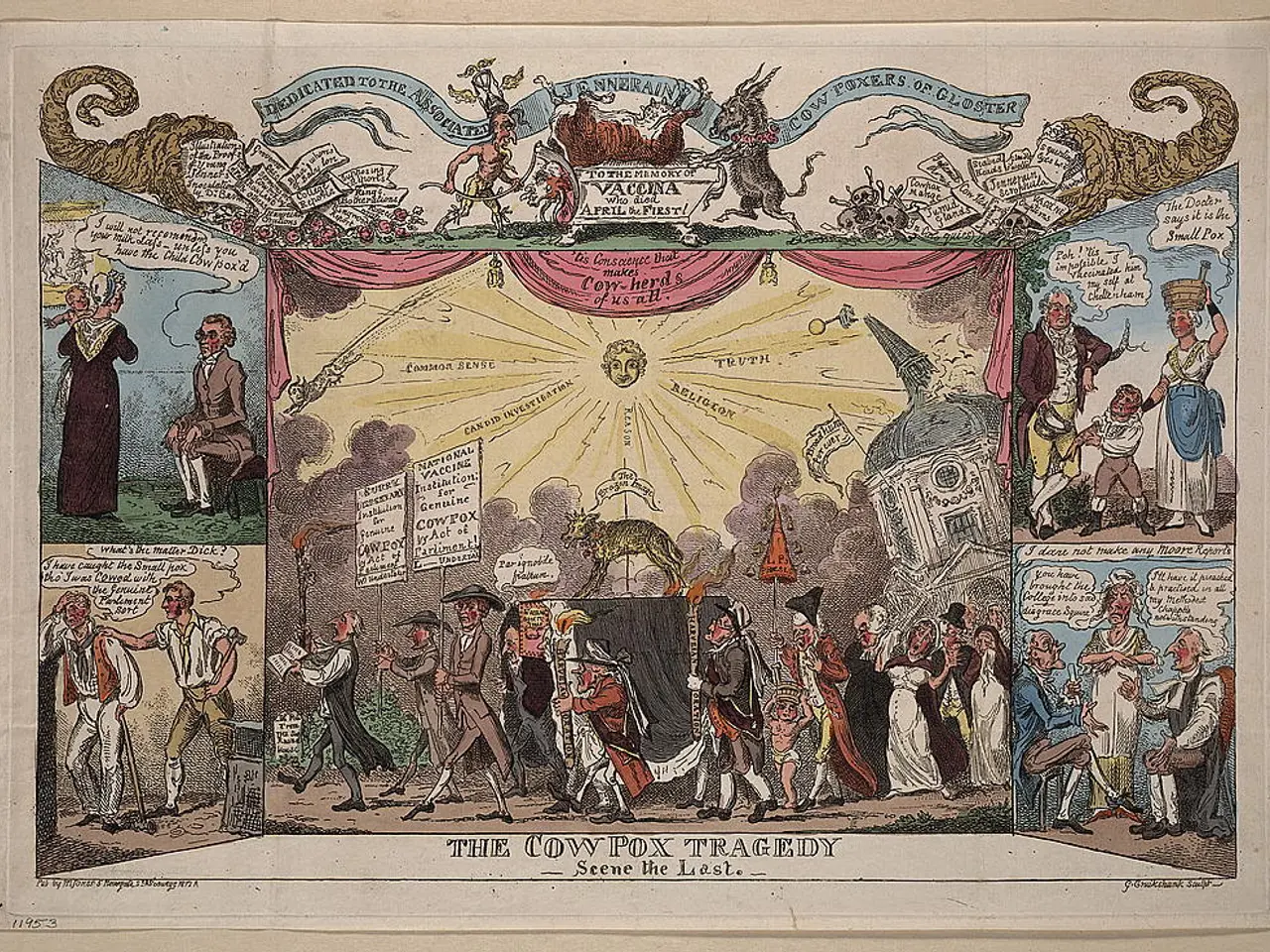Daily Life in Denmark: An Insight into a Typical Dane's Food, Leisure, and Affections
=======================================================================
Danish life is characterised by simplicity, balance, and social cohesion, with distinct habits and cultural traits across work, family, leisure, education, love life, and food and drink.
Work
The Danish work culture emphasises freedom with responsibility, where employees are trusted to manage their tasks with less micromanagement. This fosters a healthy work-life balance with relatively short workweeks and flexibility. The workplace culture is informal and egalitarian, but newcomers may find it challenging to adapt quickly due to high expectations of self-management and collaboration.
Family
Family life is central, supported by a strong welfare system. Daycare is heavily subsidised and nearly universally attended, helping children develop social skills early. Danish families often share responsibilities evenly, with a focus on quality time together rather than material wealth. Parenthood and family policies encourage time off and involvement from both parents.
Leisure
Danes value leisure and outdoor activities, often favouring minimalist lifestyles with simple homes and possessions focused on functionality rather than excess. Cycling instead of driving and wearing practical, lasting clothing are common. Less consumerism leads to less stress and higher happiness, according to studies from Copenhagen’s Happiness Research Institute. Leisure time is used to relax, socialise, and enjoy nature.
Education
Education in Denmark is largely public and egalitarian, aiming to foster social mindedness and cooperation from an early age. The approach is often playful but focused on developing independent thinking and responsibility. Equality in education is a strong cultural theme consistent with broader social values.
Love Life
Though detailed specifics are less documented, Danish culture generally promotes equality and openness in relationships. Social norms favour modesty and balance, and dating tends to build gradually on friendship and mutual respect, fitting with overall societal values of trust and individual freedom.
Food and Drink
Danish cuisine values simplicity and seasonality, often featuring local and fresh ingredients. While not extensively detailed here for Denmark specifically, the culture tends to embrace straightforward, hearty meals matched with drinks like coffee and beer. Other Scandinavian countries focus on local specialties such as cider and cheese, suggesting Denmark also has a strong appreciation for artisanal and natural foods.
Demographics
Approximately 42% of the population lives in towns of 50,000 or more people, with nearly two-thirds living in urban areas. Greater Copenhagen is the most populous region, with around 1.9 million inhabitants, followed by Central Jutland (which includes Aarhus). Just under 250,000 people are currently studying in the higher education system in Denmark.
Lifestyle Choices
Danes over the age of 18 purchase an average of 11.7 units of alcohol every week, and approximately one in five smoke, with 23% including nicotine related products like vapes and snus. Two-thirds of Danes own a bike. The average age for women getting married for the first time in Denmark is 33.9 years, while for men it is 36 years.
Ageing Population
Denmark's average age is 42.6 years, with women being slightly older at 43.5 years and men at 41.7 years. The pension age in Denmark is set to rise from 67 to 70 over the coming years. There are currently 1,095,605 retired people in Denmark, a number that is steadily growing. The average duration for a marriage which ends in divorce in Denmark is 12.6 years.
Cultural Trends
Meat dominates the list of Danes' favourite evening meals, according to a 2023 study by Madkulturen. North Jutland is the least populated region in Denmark.
Sources:
- Denmark's Happiness Research Institute
- Danmarks Statistik
- Madkulturen
- Danish Roads Directorate
- Various news articles and academic research papers.
- Despite the popularity of meat in evening meals, Danish culture values artisanal and natural foods, reflecting a preference for simple yet hearty meals.
- The Danish appreciation for food and drink extends to their sports culture, where communities gather to watch popular sports like football (soccer) and handball, often accompanied by coffee or beer.
- In line with the emphasis on balance and social cohesion, Danish lifestyle trends indicate a preference for functional items, such as cycling instead of driving and owning practical clothing, which contributes to a minimalist and sustainable lifestyle.
